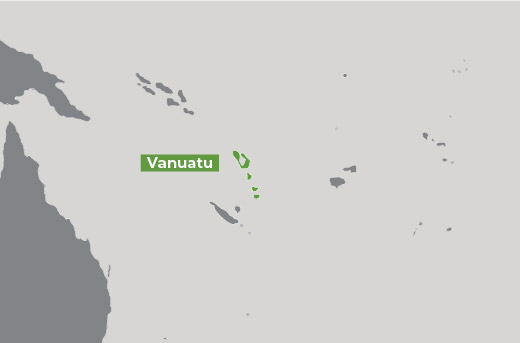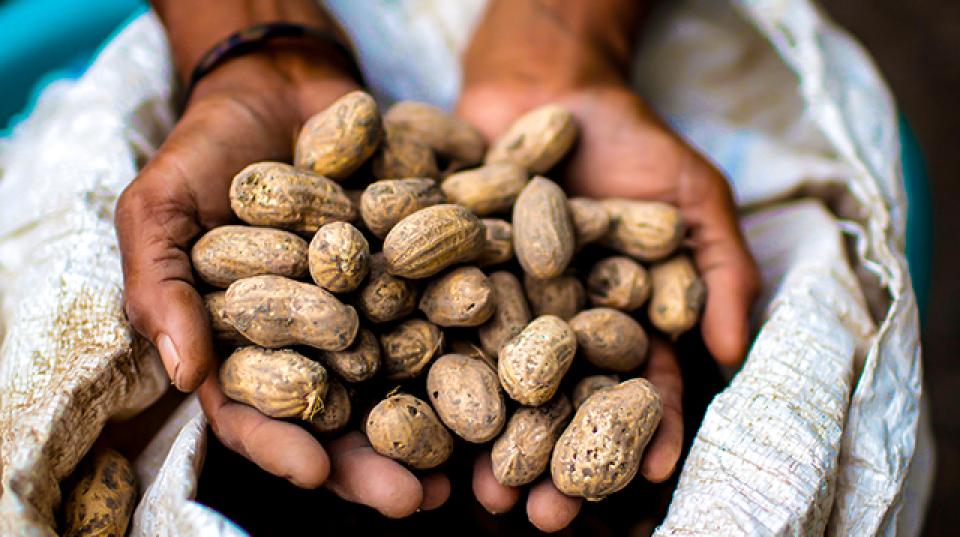Overview
This project aims to explore opportunities and constraints for developing high-value peanut production systems in Vanuatu.
The project will scope the research gaps through a Vanuatu peanut situation analysis which will have regional relevance, leading to practical outcomes for the wider Pacific region. The project will also implement two action research activities for a field-based aflatoxin monitoring method, and peanut seed and soil treatments for improved productivity and market access.
With the right cropping practices, Vanuatu could produce peanut products for high-value markets. Australian or international market access for Vanuatu peanut producers will ultimately be dependent on aflatoxin-free peanuts. The peanut aflatoxin monitoring system in Vanuatu is currently weak and developing a field-based rapid aflatoxin monitoring (RAM) method is a prerequisite for the industry moving forward.
Project activities and expected outcomes
- Conducting a value chain analysis of peanuts in Vanuatu and identifying constraints and bottlenecks for peanut industry development in Vanuatu.
- Collecting current peanut production and market data for Pacific Island countries.
- Identifying key actors for the research and the impact pathways.
- Trialling initial peanut seed and soil treatments for strong crop establishment, through action research for seed and soil amendment products. The trials will identify possible organic and conventional peanut production systems which would be the focus of future research.
- Developing methods for peanut aflatoxin monitoring using VICAM.
- Validating the use of VICAM against the standard HPLC reference method for total aflatoxins; verifying the results of the VICAM rapid tests; deploying the VICAM results from Australia to the Vanuatu peanut industry to demonstrate the application of the rapid aflatoxin method; and training Vanuatu users to use rapid aflatoxin monitoring.
- Conducting the peanut situation analysis, first findings on soil and seed treatments, and validation of a practical field testing for aflatoxin to support decisions about the need for, and content of, a potential new research project.




